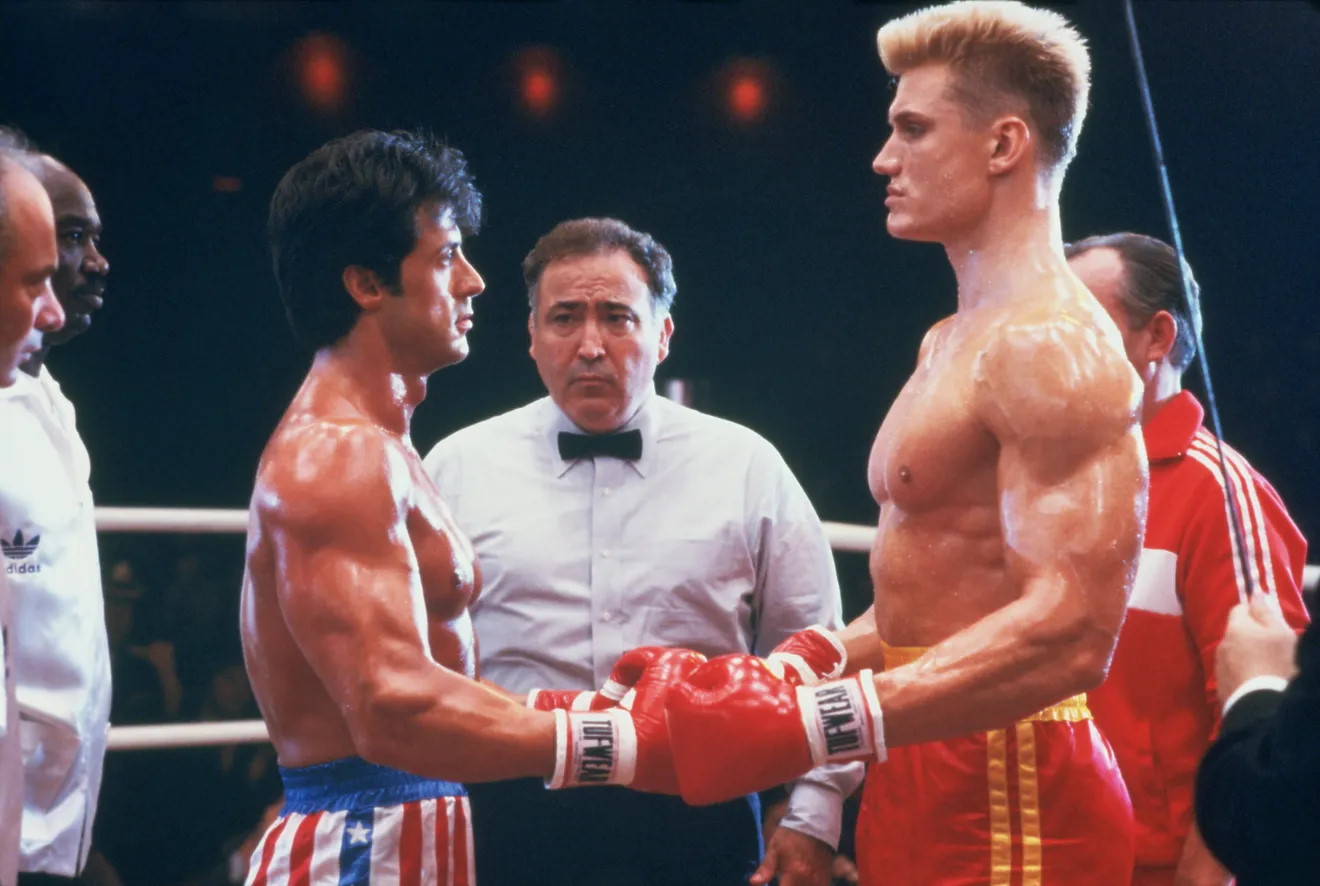An actual phobia, for a change
I'm not a fan of the "phobia" suffix. I think that it's easily abused these days.
One classical misuse of "phobia" is with the term "homophobia", as if straight men had nightmares of being chased at night by a cosmopolitan gay man holding a pair of sharp scissors !
Jokes aside, the presumed fear in this case would be that of the potential for straight men to find out that they may actually be attracted to the same sex. The idea is that it would be some sort of fear of the unknown. Calling someone an homophobe is an attempt to paint that person as unrefined and uncultured, someone that dismisses same-sex intercourse instinctively, someone that has not evolved to the point of going beyond his natural instincts, and that is afraid of doing so.
That is some cheap psychology that unfortunately has become mainstream and has indeed helped to put straight people on the defensive. This is the kind of propaganda that drives many men to pledge some kind of allyship just to look more socially aware.
Now for an example of an actual phobia, these days I'd put Russophobia on top. I'm impressed by the amount of people, especially in the United States, but apparently also in some countries in Europe, that suddenly appear to be fanatically anti-Russian. The 80s are back, with a vengeance !
The reason why I think that this is a legitimate phobia, is because the hate that is displayed is borne out of actual fear. Deep inside, these people realize that Russia is a force to be reckoned with. Russia is a country that even after the fall of the Soviet Union has continued to develop its own technology. This is most notable with aerospace engineering and weapon systems. I'm a big proponent of developing your own technology. In my case that would be software technology, but that's truly essential when it comes to tech that is vital to the security of a nation.
At the same time, the Russian culture hasn't been as softened as in the west. The average Russian is culturally more resilient to the concept of a full-scale war. The human cost that Russia is paying is unthinkable for the average American or European citizen. This is shocking for a population that has been so detached from conflict and that has a relatively comfortable life. A life so comfortable to the point in which public discourse has shifted towards complicated social and environmental issues that are not as consequential as they are made out to be.
Perhaps the most important source of this phobia is the realization that the current generation of US and Europe military have little experience with conflicts that are not asymmetrical. Simply put, America has been picking fights with 3rd world countries, bombing them to smithereens with virtually no opposition, and with no real repercussion for civilian casualties. I'm not going to say that any war is easy, but I'm sure that it's a lot scarier when your opponent also has tanks, jets, drones, cruise missiles and everything in between.
It should be noted that technology isn't simply about developing the smartest bomb or the jet with the coolest AR helmet. Technology is also essential in optimizing production of such weapons, as well as building systems that are resilient and don't require too much maintenance. F-22s and F-35s are fantastic on paper, but they are very expensive to produce and they tend to waste precious time on the ground for continuous maintenance. I'm sure that a similar argument can be made for other vehicles of the west vs those that are Russian-made.
The American and European population is scared of an adversary that isn't from the 3rd world. Meanwhile, the "emperors" that pull the strings of those respective regimes, are afraid to be found out as having no clothes. The survival of the elites of the west depends on the population to believe that those elites are virtuous, strong and powerful, but at the same time they cannot ask to their people to accept casualties, because they now live in a soft world, a world where every dead service...person is a tragedy.
The fear is real, and it's not misplaced. Hopefully the people will move from the stage of fear into one of acceptance, and will perhaps wake up from whatever dream they've been pulled into. Unfortunately it's in the human nature to wake up only when it's too late. A lot of people will have to suffer very grave conditions before they finally stop believing the cheap Hollywood action-flick narrative that they have been fed for decades.



